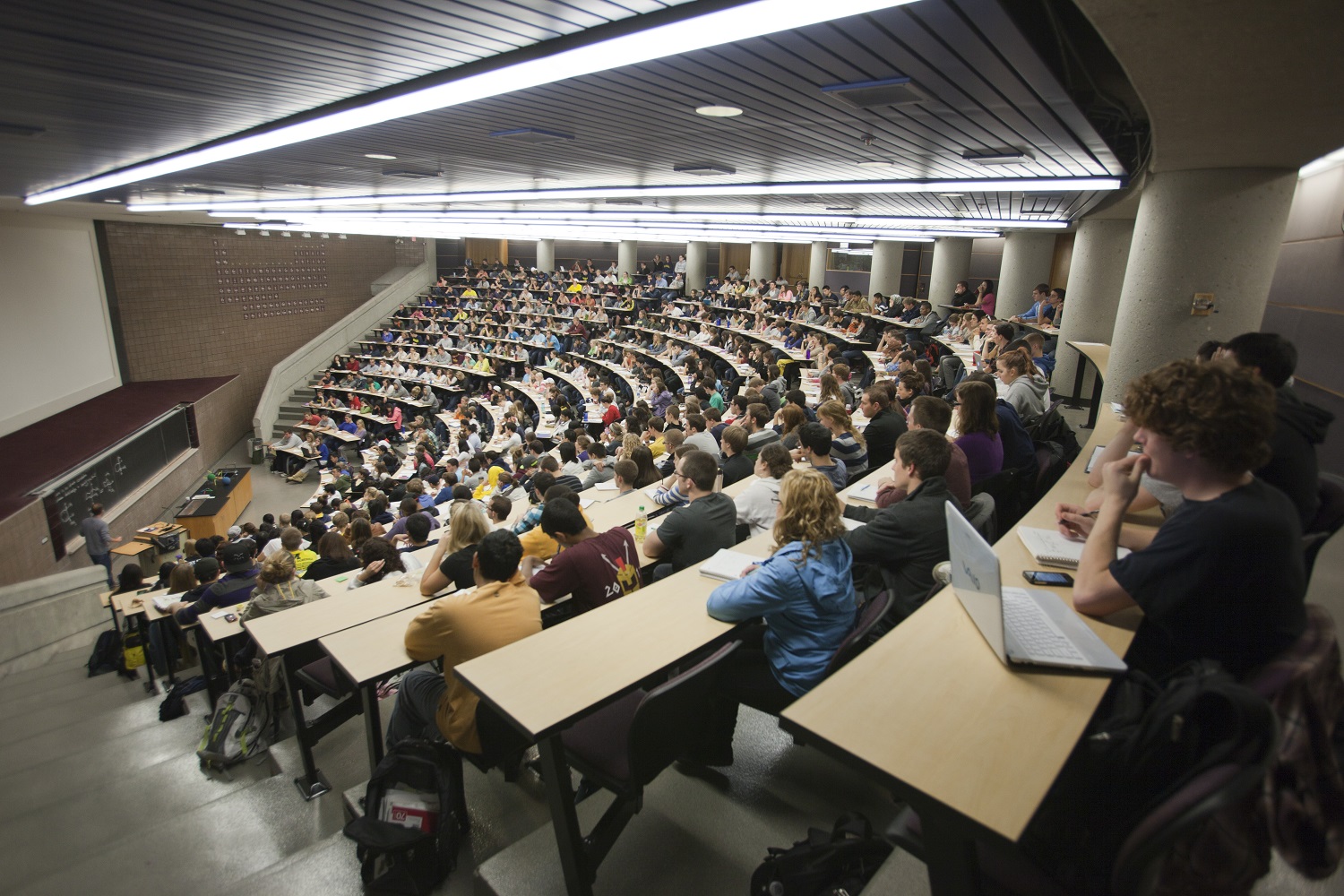Higher Education in Europe needs better support for teaching and more sustainable funding models
Published:
Following the European Commission’s Communication on A renewed EU agenda for higher education published in May 2017, the Committee on Culture and Education (CULT) of the European Parliament initiated a study on Modernisation of Higher Education to assess the policy developments in higher education in Europe since 2011. The study summarises the most important achievements, shortcomings and challenges in the context of the objectives set in the Commission’s 2011 agenda for the modernisation of Europe's higher education systems, and compares it with the recently initiated Renewed EU agenda for higher education.
ETUCE welcomes the study’s recommendations for the CULT Committee to support the centrality of teaching and teachers (continuous professional development, employment and financial conditions), as well as to work on the narrowing the funding gap in the EU higher education through provision of sustained levels of public funding.
However, ETUCE strongly opposes the suggestion to expand performance-based funding: in its statement on the Renewed EU agenda for higher education, ETUCE outlines a negative impact of the performance-based funding on the equal access to education and on the achievements of students and teaching.
Analysing the European Commission’s Renewed EU agenda for higher education, the study highlights that it gives a priority to Science, Technology, Engineering, and Mathematics (STEM) subjects rather than multi-disciplinarily and diversity of the study fields, as well as almost completely omits the internationalisation activities.
The study also shows that even though, significant advancements have been made in terms of data collection covering all aspects of higher education performance (e.g. Education and Training Monitor, EU Skills Panorama, data on learning mobility), important challenges regarding the support for enhancing teaching and developing more sustainable funding models, remain unsolved. According to the report, the expectations towards higher education institutions and academics are growing while the announced by the European Commission support for teaching and teaching excellence and investment in higher education is, in fact, decreasing in many EU countries.